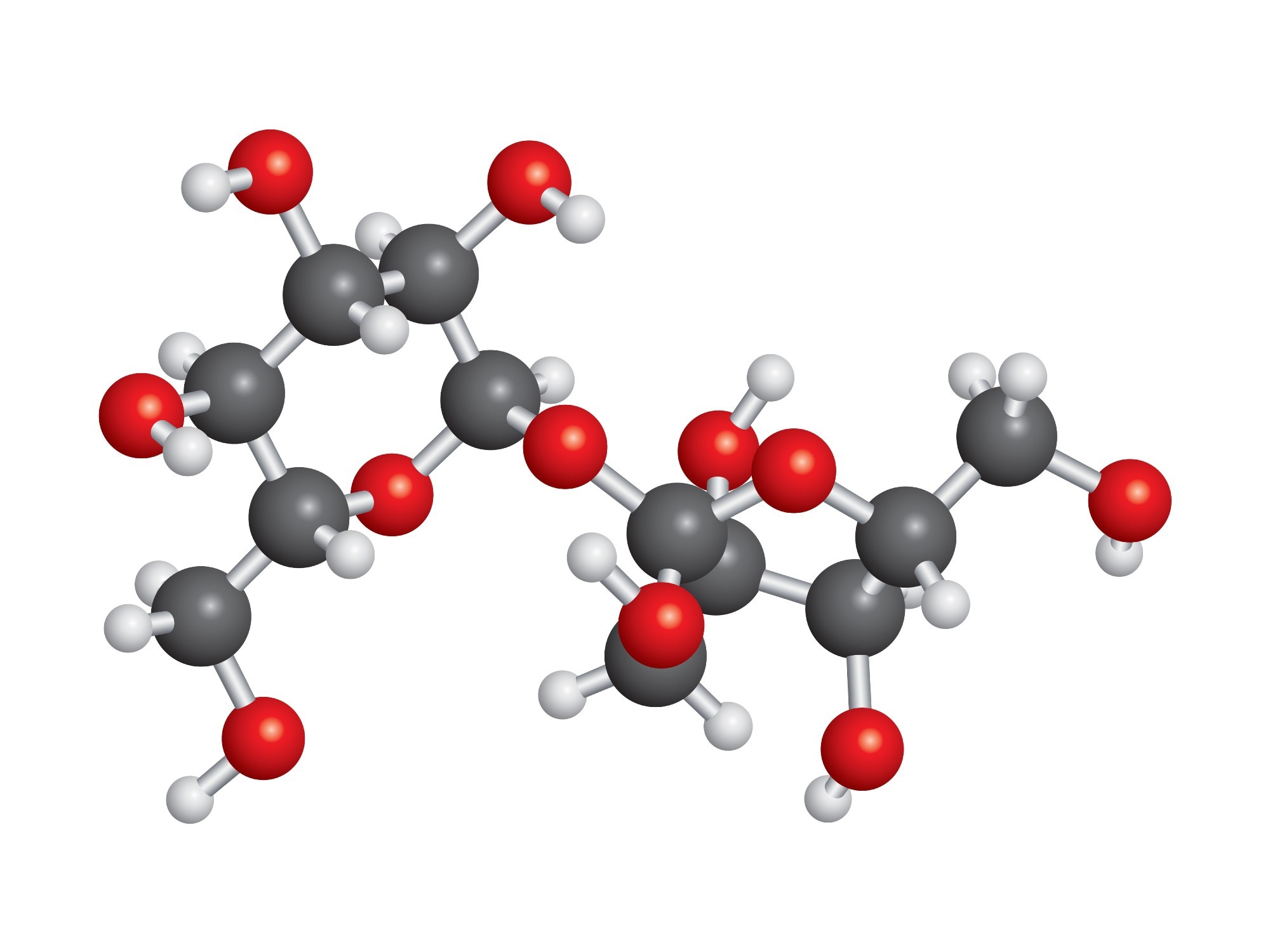Innovative Polymers: Changing Modern Production
Innovative Polymers: Changing Modern Production
Blog Article
Harnessing the Power of Polymers: Understanding the Extensive Usages and Positive Effects
Polymers, with their diverse chemical structures and residential or commercial properties, have become essential in countless markets, revolutionizing the means we communicate with products each day. From the product packaging that safeguards our food to the fibers that outfit us, the applications of polymers are substantial and differed. Yet beyond their ubiquitous presence exists a much deeper understanding of their positive influences, getting to far beyond mere comfort. As we check out the considerable uses polymers and their function in shaping a much more sustainable, reliable, and cutting-edge future, it ends up being evident that their possibility is as large as the particles themselves.
Flexibility in Everyday Products
One of the most usual usages of polymers is in product packaging products. In addition, polymers play an important function in the vehicle industry, where they are made use of in making light-weight parts that improve fuel performance.
Naturally degradable polymers are utilized in stitches and implants, lowering the threat of unfavorable responses in clients. In the building sector, polymers are integrated into paints, adhesives, and insulation materials, boosting sturdiness and power effectiveness.
Sustainability in Material Innovations
With the recurring emphasis on environmental awareness and resource effectiveness, the focus shifts towards sustainability in material innovations, showing a growing dedication to responsible production methods throughout numerous industries. In the last few years, there has been a notable rise in the growth of lasting products, especially within the realm of polymers. These innovative materials are developed to minimize environmental impact throughout their whole lifecycle-- from sourcing raw materials to disposal or recycling.
One significant aspect of sustainability in material innovations is the idea of biodegradability. Biodegradable polymers have actually gathered focus for their capacity to break down normally into non-toxic by-products, lowering waste and pollution. Furthermore, making use of recycled polymers originated from post-consumer or post-industrial resources is obtaining traction as a way of promoting a circular economy and lowering reliance on virgin materials.

Enhancing Performance in Engineering
Enhancing performance in design needs a thorough integration of advanced innovations and accurate approaches to optimize capability and effectiveness in numerous industrial applications. Polymers play an important duty in this undertaking, offering a large range of benefits that boost the efficiency of engineering products and elements.
One key aspect of improving efficiency in engineering is the capability of polymers to boost sturdiness and strength. By incorporating polymers into design layouts, makers can develop light-weight yet robust frameworks that can hold up against high levels of stress and anxiety and pressure. This particular is specifically valuable in markets such as aerospace, automobile, and construction, where the demand for strong yet lightweight materials is critical.
Furthermore, polymers can additionally enhance efficiency by supplying thermal and chemical resistance, reducing friction, and enhancing electric conductivity. These properties make polymers ideal for a wide variety of engineering applications, including seals, bearings, coverings, and digital elements. Polymers. By utilizing the special buildings of polymers, engineers can optimize the efficiency of their styles and develop more reliable and dependable items
Effect On Medical Developments
Polymers have actually played a crucial function in contemporary medical developments, varying from drug shipment systems to tissue design. One of the essential areas where polymers have actually made a considerable influence is in the advancement of naturally degradable stitches and implants.
In addition, polymer-based materials are progressively being used in medical tools such as catheters, stents, and prosthetics as a result of their biocompatibility and adaptability. Polymer coverings on clinical tools can protect against infections and improve total individual outcomes - Polymers. In addition, advancements in nanomedicine have allowed making use of polymer nanoparticles for targeted medicine distribution, boosting the effectiveness and reducing side results of different medications
Role in Environmental Conservation

Additionally, polymers are used in water therapy processes, assisting in the filtration and recycling of water resources. This aids in lowering water air pollution and guaranteeing access to tidy water for both human usage and environmental health and wellness. Polymers additionally play a function in agriculture through the advancement of eco-friendly composts and controlled-release plant foods, promoting sustainable farming methods.
Conclusion
In conclusion, polymers have proven to be a versatile and crucial material in numerous my site industries, from day-to-day items to design and medical advancements. Understanding the comprehensive uses of polymers emphasizes their relevance in driving technology and progress in several areas.
Report this page